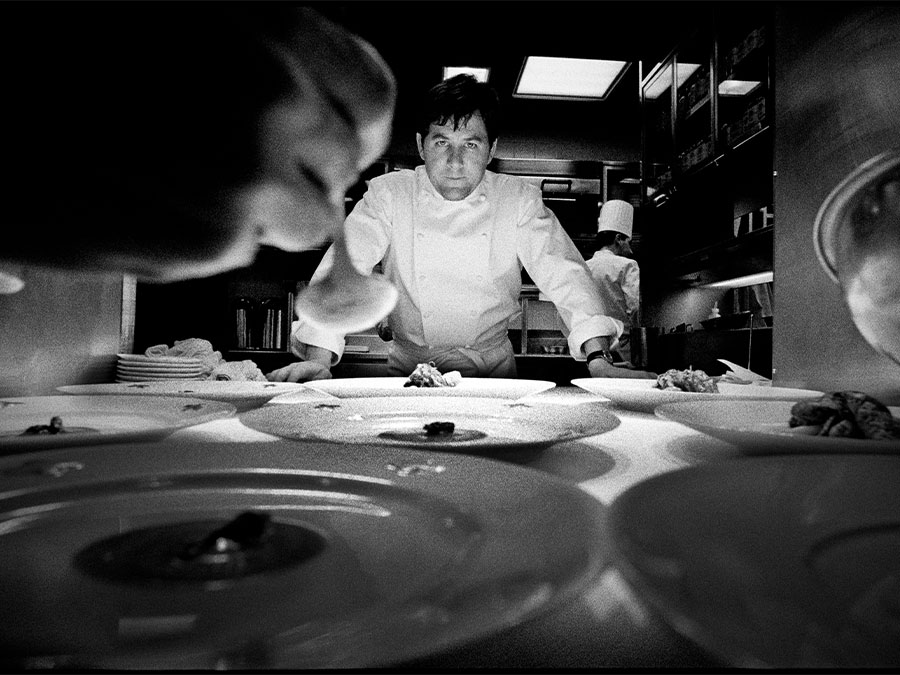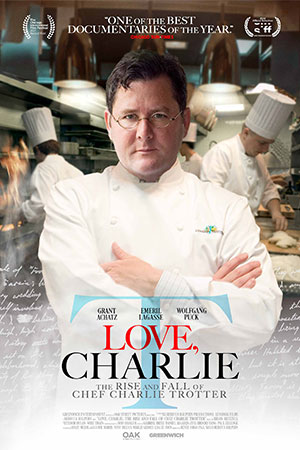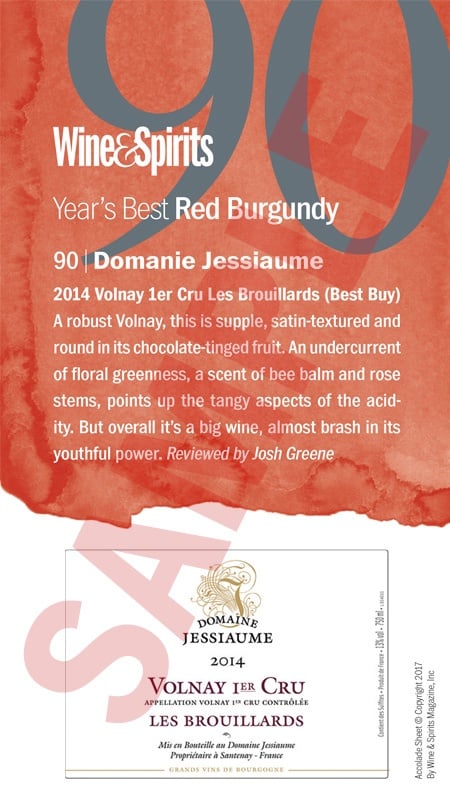

It was just a few months before he closed his iconic restaurant in 2012 that I last talked with Charlie Trotter. Up until that time, for anyone who prized fine dining, going to Chicago and not booking a table at Charlie Trotter’s—or at least trying to—would have been like visiting Paris and not walking along the Seine and glimpsing Notre Dame.
I did not know it at the time of our long phone interview, but the last few years had been especially difficult for the man who made Michelin stars shine in the Midwestern evening. Trotter, it turns out, was brooding about being publicly eclipsed by a chef he had tutored, by chatter from once-loyal patrons that his restaurant was slipping behind the times, and by not having an exit strategy when the spotlight shifted, as it inevitably does.
Trotter told me he wanted to think about what he would do next, which made complete sense. After all, there were all those stars and 25 years at the helm of an iconic eatery, a PBS cooking show, 14 cookbooks, an educational foundation, a line of food products, humanitarian awards and close friendships with equally fêted chefs such as Emeril Lagasse, Wolfgang Puck, Norm Van Aken and Rick Bayless.
Tragically, it all ended suddenly. A year after closing his restaurant, Charlie Trotter was dead
of a stroke at age 54.
“Perfection stamps out the soul! At the same time, if you decide to do something, it’s worth doing correctly.” —Charlie Trotter
The evolving Charlie Trotter, his times and the up-close story of his restaurant have all been bought to life by director Rebecca Halpern in her documentary, Love, Charlie, now available on demand. The movie includes archival footage and extended interviews with his family, former employees and his many chef friends, starting with “Chuck” Trotter, carefree college student and peripatetic note writer (hence the title), to young restaurateur, to triumphant chef and, finally, an often-bitter former mentor, especially to Chef Grant Achatz, whose molecular gastronomy at Alinea won those three Michelin stars that Trotter coveted.


What the documentary somewhat what neglects, however, was Trotter’s devotion to wine and wine service. After watching an early release of the film, I decided to retrieve my notes from our last call.
“We’re the only restaurant to have graduated ten Master Sommeliers,” was one of the first things Trotter told me. He said wine service was indispensable to the meal, so much so that his sommeliers often rushed to the kitchen to tell him that a customer, against their advice, had
chosen the “wrong” wine.
“Larry Stone joined us in 1989, and he must have been in the kitchen thirty times a night,” Trotter related with a laugh. “He would say, ‘Don’t plate that oyster dish yet! The customer ordered a viognier, and we need to change it because the match is not quite right.’ And we would.”
“The taste of wine is fixed more or less when you open it, while the food is adjustable,” Trotter explained. “I can add fat or acid or garlic purée, any number of things [to match the wine].”
Trotter also prided himself on his constantly evolving menu, saying the nightly re-invention of a tasting menu was a “high-wire act that is actually fun. Each meal has to have a beginning, followed by a build, a crescendo and then a tapering,” he told me. “Each dish has to make sense to each other, and you need to avoid redundancies. We have one customer from New York who has eaten here more than four hundred times, and he’s never been served the same thing.”
Trotter left me with a thought about not trying to achieve perfection, a thought that surprised and stayed with me. Miles Davis was one of his favorite musicians, he said. “Miles might play ‘My Funny Valentine’ night after night, but each time he played it, it was different. In trying to achieve beauty or excellence, there is still room for quirkiness, for soulfulness. Perfection stamps out the soul! At the same time, if you decide to do something, it’s worth doing correctly.”
Roger Morris is a Delaware-based writer covering the wine and spirits trade.
This story appears in the print issue of Spring 2023.
Like what you read? Subscribe today.
















